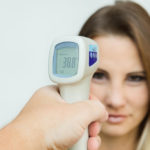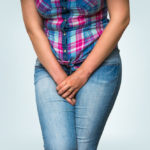Non-Contact IR Thermometer and Incontinence Management

Our body’s temperature can tell us a lot of things about our health. The average temperature of an adult is between 36-37C. A temperature that’s too high can be caused by: A virus Bacterial infection Heat exhaustion Inflammatory conditions such as rheumatoid arthritis Inflammation of the lining of your joints (synovium) A malignant tumor Some medications, such as antibiotics and drugs used to treat high… read more >









